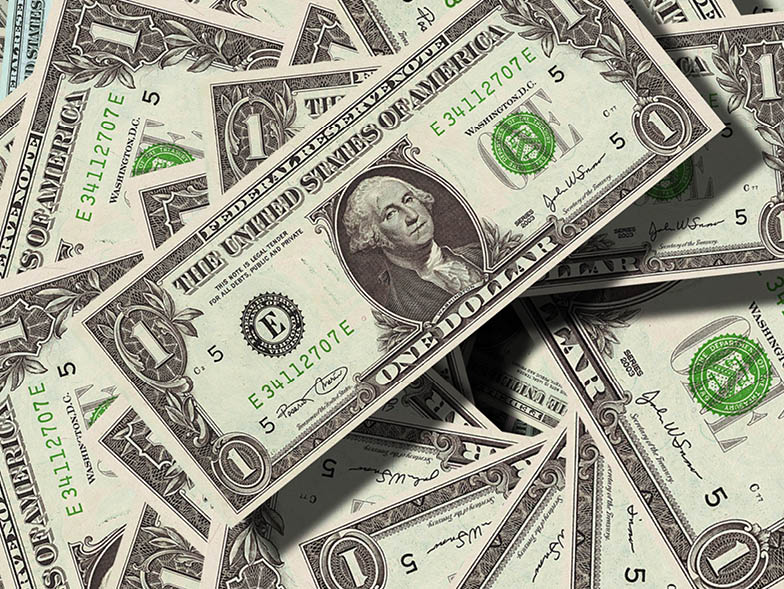Busting Common Credit Myths
Anyone who has purchased a home or is currently looking to buy can tell you that credit score is one of the most important factors in securing a loan. It can affect a lot of other areas of your life, too, but it’s particularly important in the real estate world.
Depending on how much research you’ve done or who you’ve spoken to, you might have bought in to a number of popular “credit myths”—fears about credit score that simply aren’t true.
We’re here to breakdown these frequently-believed myths, and explain what they really mean.

All debt is bad, and will lower your credit score
Debt is a scary word. Most of us believe that having any debt looks bad and will negatively affect credit. However, there is a big difference between debt that can actually benefit your score and debt that can hurt it. If you rack up thousands in credit card debt, this will surely hurt your rating. If you take out a mortgage on a home, this shouldn’t hurt, so long as you continue to make your payments.

Checking my score will damage my rating
This myth is simply not true, although it’s touted by nearly every credit reporting site out there. When you use a service to check your own score, this has no impact on your rating. But when you apply for a line of credit, and a creditor is required to check your score, this may bring down your rating.

If you don’t use a card you should close it
Find that you aren’t using a card as often as you used to? It’s not always wise to close the account just because the card is sitting unused in your wallet. A portion of your credit score is determined by the length a line of credit is open, so if you can, try and use the card at least once every so often to avoid the creditor closing your account entirely.

You can improve your score immediately by paying off debt
You should always try and make your monthly payments. But if you miss a payment, making that payment (even the very next day) won’t remove the problem from your score. Missed payments can drop your score fairly significantly, so it’s critical to pay off credit timely, and in full, if you can.













